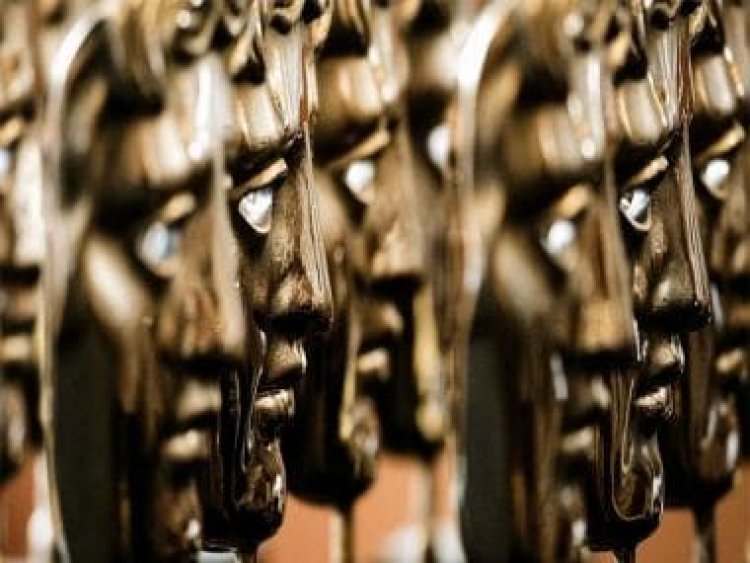EXPLAINED | #BaftasSoWhite Controversy: Why BAFTA is all about WHITE winners
EXPLAINED | #BaftasSoWhite Controversy: Why BAFTA is all about WHITE winners

As usual no person of colour took home the 2023 BAFTA awards. The #BaftasSoWhite hashtag is trending on social media by the disappointed audience to draw attention to the lack of diversity in the BAFTA awards which has become like a negative tradition of the ceremony. Racism simply rules the BAFTA awards for not place for people of colour. Looks like the white artists still believe that they are supreme and fail to recognise the immense talents a person of another colour can hold. Racism reigns supreme at BAFTA which is kind of ingrained in the minds of the British. This year’s nominations list had stars like Michelle Yeoh, Angela Bassett, and Viola Davis at the top of the list, but not a single person of colour took home a 2023 Bafta, which many took personally.
According to the BBC report, the BAFTA awards ceremony had a diverse set of nominees, with people belonging to ethnic minorities taking almost 40 percent of acting shortlist slots. But that did not translate into wins, with the 49 victors across all categories being white. It comes three years after an outcry and subsequent reforms when all 20 acting nominees were white.
BAFTA definitely is one of the most racist awrds dominated by white supremacy and has no place for coloured craftsmen. Marcus Ryder, director of consultancy at the Sir Lenny Henry Centre for Media Diversity, said Sunday’s results were “quite depressing”, and showed there had been “no substantial change” over the past decade. “Ten years ago, in 2013, Lenny Henry made headlines at the TV BAFTAS when he labelled it as ‘All white on the night’,” he said.
“And depressingly, despite a massive overhaul, on which I and many other industry people were consulted and which resulted in 120 changes to the BAFTA award processes, 1,000 new members from under-represented groups etc, the end result is there is no substantial change.”
Film and TV critic and BAFTA short film jury member Ashanti Omkar took to social media and said she felt quite devastated after watching the ceremony and seeing the group photo of winners. “Alison Hammond was the only person of the global majority in it, and she was not a winner but working at the event like many others who added colour to the red carpet, performed music and presented awards,” she said. “That felt regressive and like these were cosmetic steps forward as opposed to real systemic change.”
Film critic Omkar further added, the winners all deserved awards, but that she worried about whether people were going back to old voting practices after progress in recent years. “This is what I was feeling, and I honestly I was heartbroken,” she told BBC News. “I felt quite devastated.”
Disappointed!! I’ve felt this deep pain in the pit of my stomach of late, as I’m seeing the #film industry behind the scenes and the supremacy that it flaunts in my face so much, day by day, so it’s not a surprising result, but in 2023, it is deeply regressive and uncalled for ↓ https://t.co/j9aT8ZHcKW
— A$hanti OMkar ௐ London, She | Her, Film, TV Critic (@AshantiOmkar) February 19, 2023
Writer and critic Leila Latif wrote in The Guardian that, on the night, there was a “creeping discomfort that the awards were benefiting from the work and presence of many people of colour without ever handing them a statuette”.
After taking steps to ensure more diversity, this @BAFTA winners pic is so disappointing. #BaftasSoWhite pic.twitter.com/DNUsRhRVyV
— Stephy Chung (@chungfun) February 21, 2023
“By the end of the night, when it slowly sank in that every single winner was white, you could practically feel the Bafta team’s heads sink into their hands as they braced for yet another social media storm,” she said.
Three years ago American actor, Joaquin Phoenix’s attacked the white supremacy culture of BAFTA for being a place hailing ‘systemic racism’. Sadly, nothing much has changed. In 2020 Joaquin Phoenix said in his speech, that he felt conflicted by his victory “because so many of my fellow actors who are deserving don’t have that same privilege”. He mentioned that a very clear message to people of colour that ‘you’re not welcome here.”
The organisation chairman Krishnendu Majumdar told the New York Times before the ceremony that he wants “to level the playing field”, but that recognition “has to be on merit”.
And let’s face it, you can have all the inclusive nominees in the world, but when the winners are exclusive white, has any progress actually been made?
— Laura Scrivano (@laurascrivano) February 20, 2023
BAFTA chief executive Jane Millichip told the paper the process of reviewing the set-up would be ongoing and constant, and that the 2020 reforms were not a perfect full stop. In 2021 and 2022, half of the acting winners were not white.
(With added inputs from agencies)
Read all the Latest News, Trending News, Cricket News, Bollywood News,
India News and Entertainment News here. Follow us on Facebook, Twitter and Instagram.
What's Your Reaction?



























































